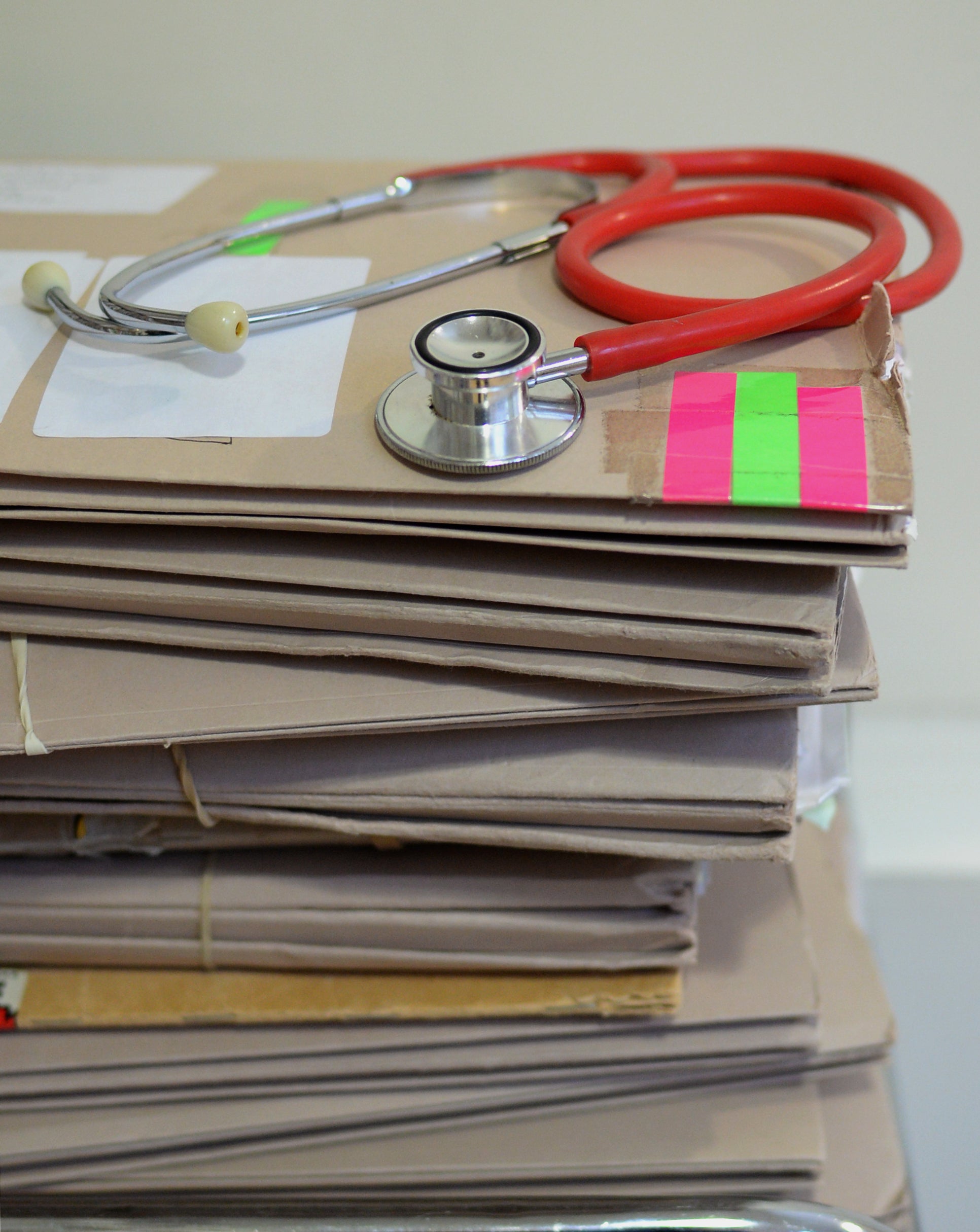Areas with fewest number of GPs revealed
In some parts of the country one GP is responsible for more than 2,500 patients.

Your support helps us to tell the story
From reproductive rights to climate change to Big Tech, The Independent is on the ground when the story is developing. Whether it's investigating the financials of Elon Musk's pro-Trump PAC or producing our latest documentary, 'The A Word', which shines a light on the American women fighting for reproductive rights, we know how important it is to parse out the facts from the messaging.
At such a critical moment in US history, we need reporters on the ground. Your donation allows us to keep sending journalists to speak to both sides of the story.
The Independent is trusted by Americans across the entire political spectrum. And unlike many other quality news outlets, we choose not to lock Americans out of our reporting and analysis with paywalls. We believe quality journalism should be available to everyone, paid for by those who can afford it.
Your support makes all the difference.The parts of England with the fewest number of GPs have been revealed.
GPs in some parts of the country are each responsible for more than 2,500 patients, while in other regions GPs care on average for 1,250 patients each.
The figures highlight areas where it might be harder to access a family doctor.
These disparities mean people in some areas are less able to access their family doctor than people elsewhere.
New analysis from the Nuffield Trust think tank show the GPs serving the highest number of patients are in Portsmouth, Brighton and Thurrock, Essex.
In Portsmouth there are 39.5 GPs caring for every 100,000 people in the region.
People in Thurrock have 40.3 family doctors for every 100,000 people in the area and in Hull there are 41.9 per 100,000.
Brighton and Hove has 44 GPs for every 100,000 people, according to the analysis shared with the BBC.
By contrast, people in the Wirral have 80.7 GPs caring for every 100,000 people and in Liverpool there are 78.2.
Billy Palmer, senior fellow at the Nuffield Trust, said: “These disparities mean people in some areas are less able to access their family doctor than people elsewhere.
“In an NHS founded on the principle of equal treatment, such stark differences represent a serious failing.”
Professor Martin Marshall, chair of the Royal College of GPs, said “The size of the fully qualified GP workforce is falling whilst the number of patients continues to grow – as a result, the ratio of patients to GPs has increased significantly over recent years.
“Whilst this is happening across the country, some regions are being affected worse than others as they face greater difficulties recruiting new GPs and other staff.
“GPs want to be able to consistently give their patients the care they deserve, no matter where they live in the country, but the intense workload and workforce pressures facing general practice are unsustainable.
“The Government urgently needs to make good on its manifesto promise of 6,000 more full time equivalent GPs, and 26,000 more members of the wider team, by 2024.”
Patient groups have been raising concern over patient access to GPs.
Louise Ansari, national director at Healthwatch England, said: “People are still telling us about difficulties getting through to their local practice, with online booking systems, long waits on the phone and a lack of face-to-face appointments providing them with challenges.
“GP services are often the first port of call for people who need care and so the lack of easy access puts people’s health and wellbeing at risk and increases demand on overstretched hospitals – both from those who cannot get a GP appointment so seek care at A&E, and from people who now need more advanced care and treatment because they were unable to get help sooner.
“We have called on NHS England to undertake a formal review of the ways people access general practice to make sure they work for everyone.”
A Department of Health and Social Care spokesperson said: “We are hugely grateful for the care GPs and their staff provide to patients and we are working hard to support and grow the workforce.
“There were over 1,400 more doctors working in general practice in March 2022 compared to the same time in 2019 and a record-breaking number started training as GPs last year.
“We have invested £520 million to expand GP capacity during the pandemic, on top of £1.5 billion until 2024 and we are making 4,000 training places available for GPs each year, helping to create an extra 50 million appointments a year.”